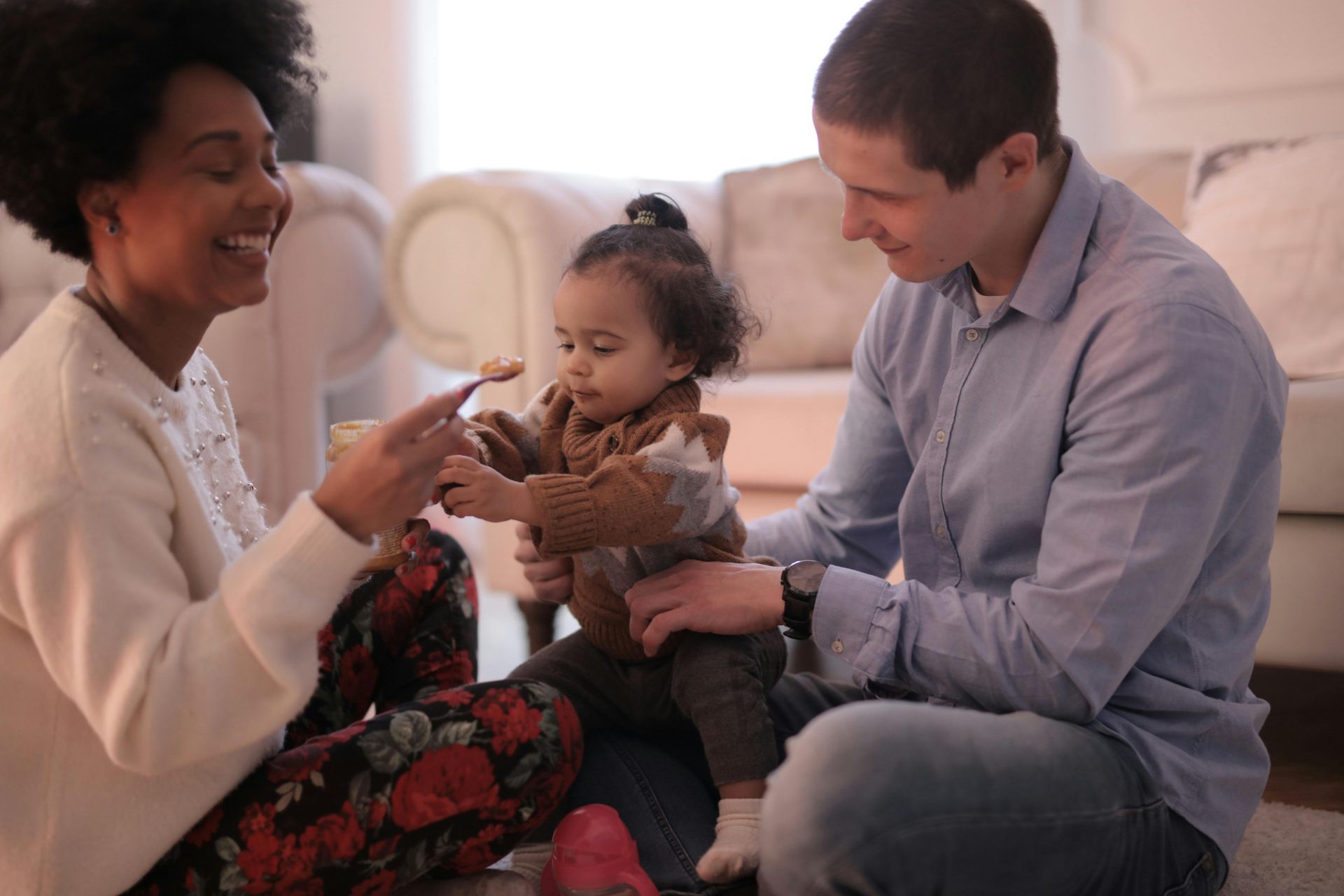A few weeks ago, I wrote a blog about the need to extend more grace to ourselves as parents. We are understanding and patient with our kids, I observed. Why aren’t we as nurturing with ourselves?
As I wrap up the preparations for Modern Mommy Doc’s first-ever mom retreat, Centered and Strong Live Retreat, I find myself returning to that concept. But with a twist. Modern mothers juggle a lot, and it’s important we set ourselves up for success when it comes to achieving our goals, no matter if that’s a promotion at work, wrapping up a dream project, or simply improving our relationship with our partner or children. One important piece of this is creating an intentional focus for the way we live our day-to-day lives. (Hence the Centered Mamas Live retreat.) Another is to practice mindful self-compassion.
BE KIND TO YOURSELF
Self-compassion is a concept developed and popularized by Kristin Neff, Ph.D. and her colleague Christopher Germer, Ph.D. In its most distilled form, it can be defined as being a good friend to yourself. An ally instead of a critic. Supportive instead of critical.
I had the mixed blessing of practicing self-compassion just a few weeks ago when my medical assistant and I made an error while scheduling a patient. The patient was LIVID — and I was on the receiving end of it. As I took in her pointed words during an uncomfortable call, I was tempted to get down on myself, to feel shame, to beat myself up emotionally over the mistake. “How can you trust yourself to make important decisions,” I taunted myself, “if you can’t trust yourself to do the simple things right?”
It wasn’t a huge medical error. But it was an error nonetheless and one that caused real inconvenience for the family. I apologized, of course, and made amends, but I couldn’t shake that sense of shame and failure until I said to myself, “Ugh. Seriously. What a huge mess-up.”
And I caught it, thank goodness. I paused. I stopped berating myself. I called to mind the feeling that was bubbling up inside of me: embarrassment. I let it wash over me. And then, Mama, I stripped it of its power by talking straight to it: “Of course you feel embarrassed. Anyone would. You hate to make people mad. It makes so much sense you feel that way.”
SELF-COMPASSION = MORE SUCCESS
Like grace, mindful self-compassion is nurturing and more conducive to developing a healthy sense of self. But self-compassion goes even further. It fosters a growth mindset that we need if we’re going to reach our goals in life. It cultivates a never-give-up attitude because the fear of failure and mistakes no longer holds sway over our actions.
Think about it. If you’re always afraid to mess up, you’ll never take the necessary leap toward the next great thing in your life. But if you can face the bad feelings head on, name them, and then acknowledge how normal it is to feel them, you will find yourself ready to move on.
When you no longer fear failure or shame or embarrassment, you start making decisions based on what you want instead of what you fear. And that, Mama, is the key to taking more chances professionally, which in turn leads to more success.
PUTTING IT INTO PRACTICE
Like any good habit, practicing self-compassion takes, well, practice. Look at me: it is still something I have to remind myself to do. (Although, thankfully, it comes quicker and easier now.) One good way to begin is with the “Self-Compassion Break,” developed by Drs. Neff and Germer and adapted by the psychologist Kristen Genzano. The full exercise is available in my Mama Reset Self-Care Retreat (at Home) program, but this abbreviated version is a great place to start.
- Find a comfortable seat and begin by softening your gaze or closing your eyes.
- Take a few deep breaths and then revisit a difficult situation in your life. It can be current or recent, but it should be mildly to moderately challenging.
- Visualize the situation. Who is involved? What is said? What do you feel in your body as the situation unfolds in your mind?
- Place a hand on your heart or belly and repeat the following, “May I give myself what I need. May I be kind to myself. May I accept myself as I am.”
- Allow those words to settle inside of you, to support you, and to soothe you. Then, when you’re ready, very gently open your eyes.
I know this might feel a little awkward at first, but stay with it. As you practice this and make it your own, the weight and wisdom of those words will offer welcome reassurance throughout your life. And who knows? They may just be the safety net you need to take that next big step toward reaching your goals.















